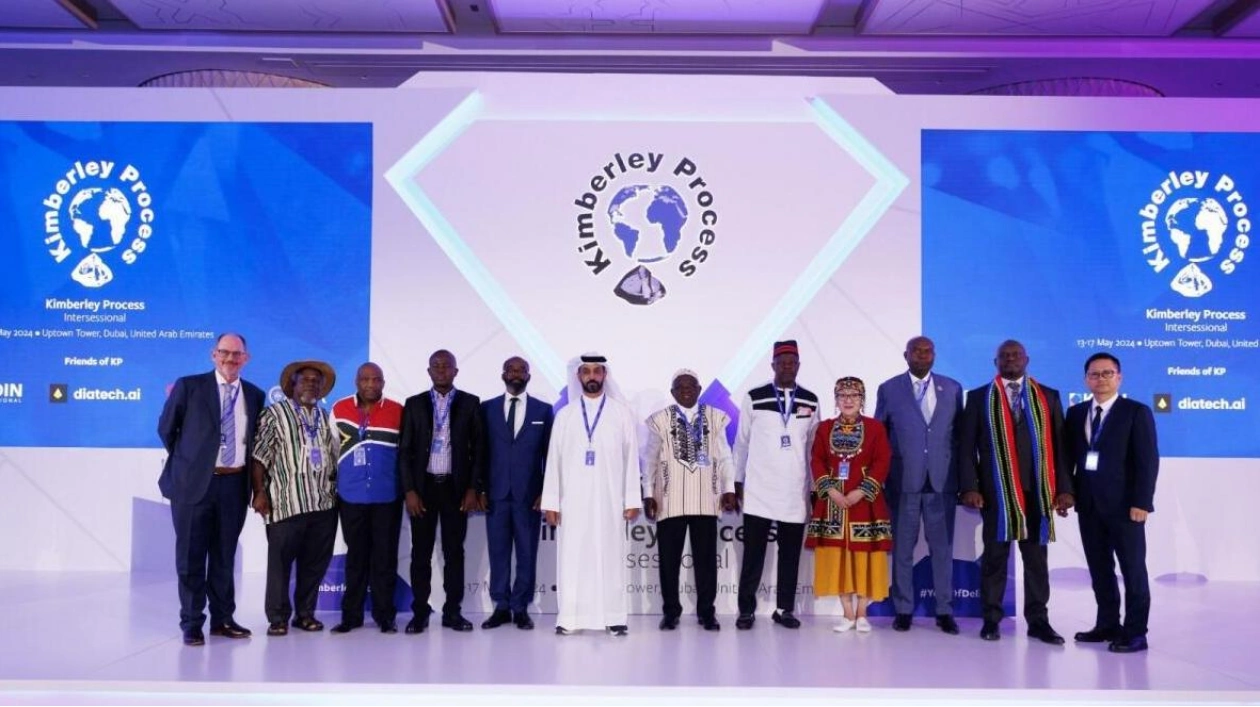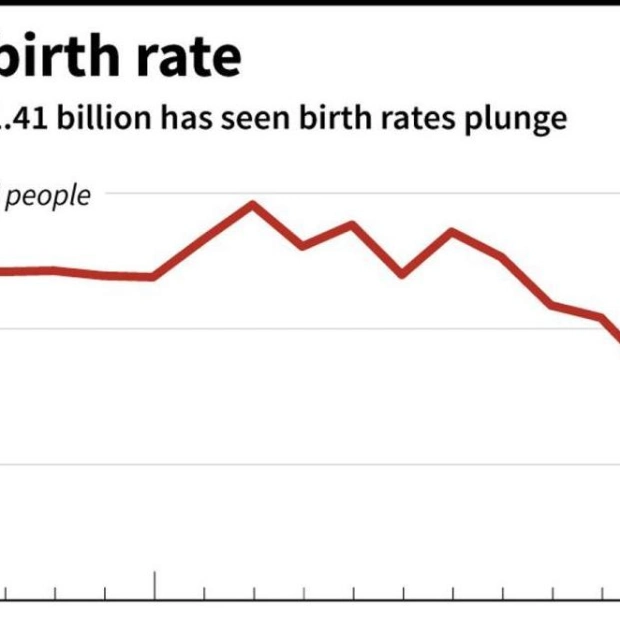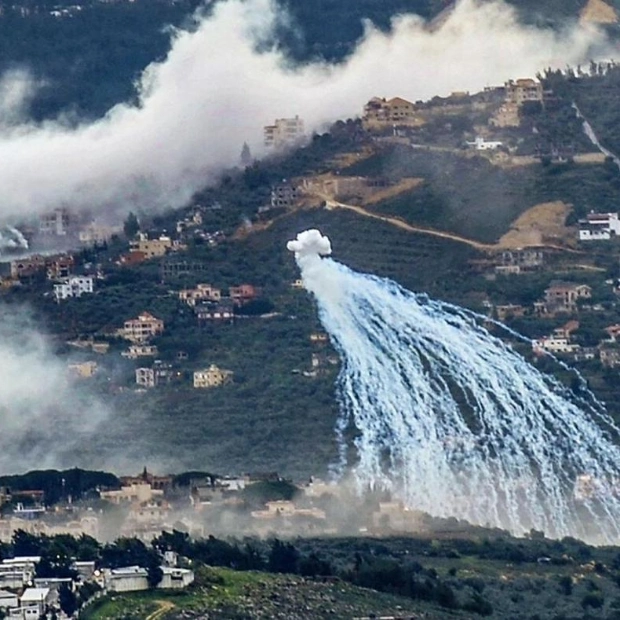Last month, Uptown Tower held the Kimberley Process’ intersessional meeting, bringing together stakeholders from the diamond industry to enhance efforts in curbing conflict diamonds. This event, comprising an intercessional and plenary meeting, featured several firsts and aimed for successful outcomes through bilateral meetings and visits to KP member countries in the first half of the year. This groundwork laid the foundation for productive debate, supporting progress on-site.
In alignment with the “Year of Delivery,” a special plenary session was introduced for the first time, expediting decision-making processes effectively. The intercessional presented the inaugural panel of evidence, with contributions from community representatives on the impact of diamond mining, and a panel of experts to redefine conflict diamonds. Additionally, a DMCC forum titled Provenance, Traceability and Technology highlighted tech opportunities supporting the KP’s long-term goals, including digitising KP certificates on the blockchain.
The Kimberley Process, often referred to as the KP family, welcomed representatives from civil society, working groups, and delegations from participating nations. The event fostered shared commitment to elevate industry standards and Dubai’s position as the global hub for rough diamonds.
Key discussions revolved around defining conflict diamonds amidst global volatility and conflicts, with community input providing depth and identifying challenges and opportunities. Another significant development was the agreement on co-chairmanship of the KP during one calendar year, an idea initiated by the World Diamond Council. President Feriel Zerouki emphasized the council’s belief in inclusive representation and equal access to opportunities for all KP participants.
High-level participation from delegates of the Central African Republic exemplified the event’s openness to address challenges transparently. Collaborating with the CAR to support its diamond industry’s revitalization and operations, the KP anticipates a review mission by the Working Group of Monitoring to harness diamonds for the nation’s benefit.
Sierra Leone’s successful collaboration with the KP serves as a noteworthy model, demonstrating substantial growth and robust chains of custody for its diamonds, supported by diligent internal controls and technology. This collaboration has effectively deterred smuggling, ensuring equitable wealth distribution from natural resources.
Aside from diamond-related discussions, attention was drawn to the absence of discourse on the world’s illegal arms trade. Emphasizing the need for a system of accountability involving specialized NGOs, regulators, and arms manufacturers, the aim is to comprehensively address the issue and mitigate fear in mining communities.
The DMCC special forum on Providence, Traceability, and Technology, endorsed by leading tech providers, attracted stakeholders keen on understanding how digitization can resolve industry challenges.
Collaboration from 85 member countries, the European Union, and within the tripartite structure is crucial to the KP’s success. The Civil Society Coalition and observers' contributions were acknowledged for fostering meaningful discussions and progress.
In conclusion, the intercessional instills hope for positive change through technology convergence, fostering optimism for the industry's stakeholders and consumers dependent on it.






